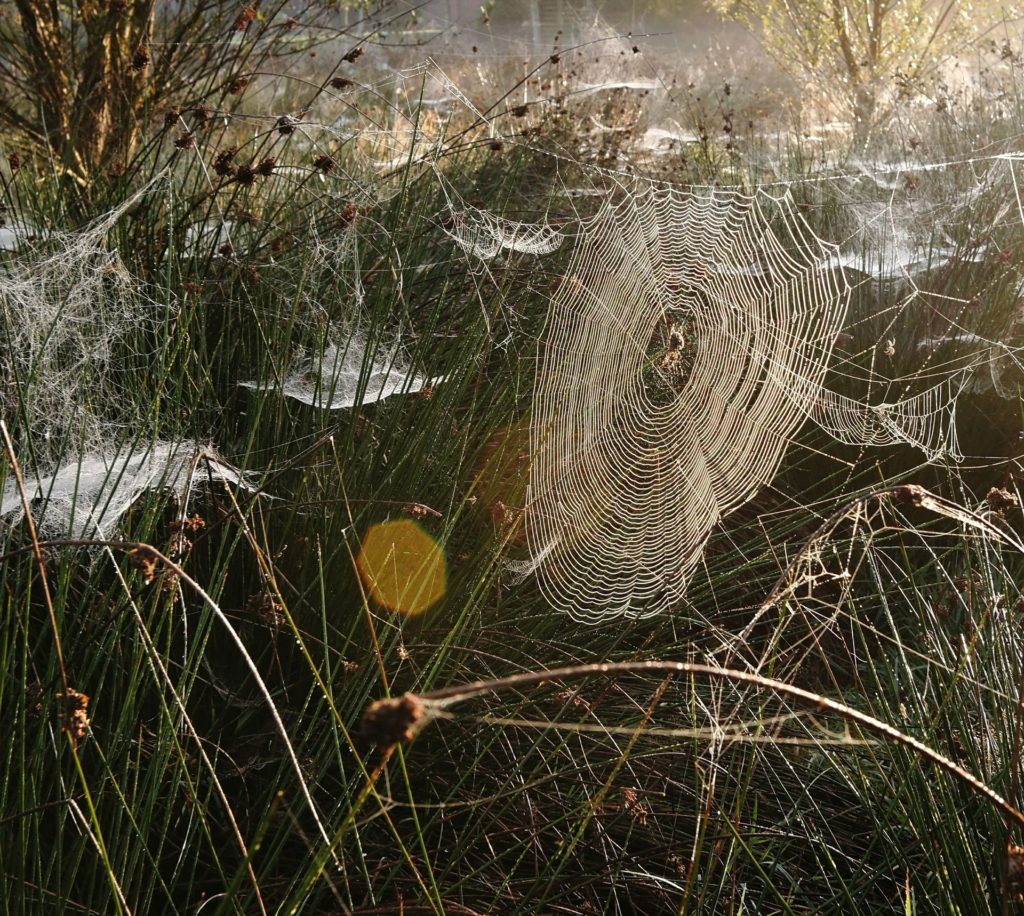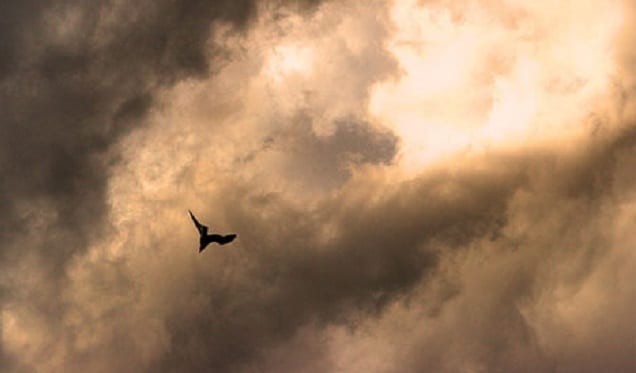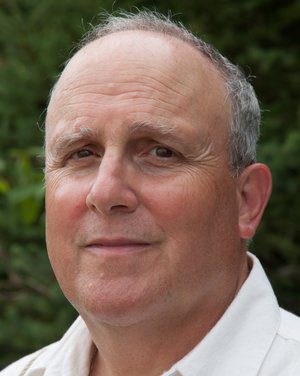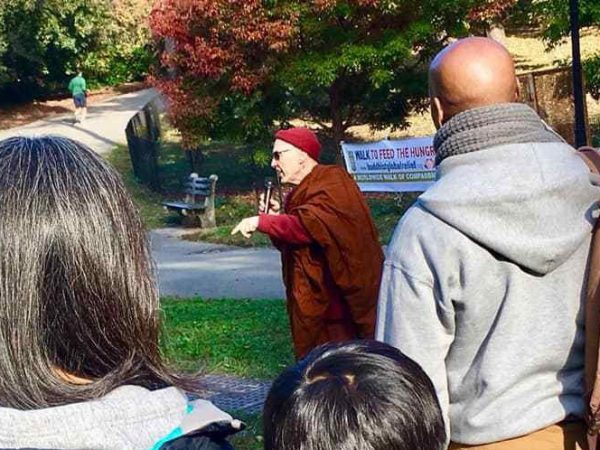How can we forge an authentic and workable path between our aspirations for change and the difficulties of doing so, and between faith in human goodness and distress at the selfishness and parochialism that often seems to dominate social discourse? In my experience, the crux of our challenge is not to avoid these disconnections but to connect them, uniting our high aspirations with what we actually encounter on the ground, energizing the wisdom within both at the very point where they can join – at the heart of awareness.
This is to recognize the relationship between our paths as practitioners and as citizens and activists. In this we see that the paths of personal and social transformation are inextricably linked, recognizing that we cannot substantively work to alter the societal paradigm if we are not simultaneously working to alter our own.
From our Buddhist teachings and more vitally our meditative experience we do have means to traverse this seeming abyss. We have learned that the underlying problem is rooted in our mistaken perception that we, and within that our thoughts, are solid, enduring and valid. This is what Trungpa Rinpoche called the ‘basic twist’, the belief that we might grasp solid ground by focusing on the bits of thought while ignoring the space in between – first projecting solidity and then believing those projections. But our meditative practice relentlessly reminds us that even our most vivid thoughts, emotions and impulses are ephemeral.
If our ‘world’ is not conventionally solid, it suggests both unfettered freedom and uncertain groundlessness.
“Good or bad, happy or sad, all thoughts vanish into emptiness like the imprint of a bird in the sky”. This teaching, contained within a practice liturgy composed by Trungpa Rinpoche, has both infused and confused me since I encountered it in the very week I stumbled into the dharma. In theory I ‘get’ it, but learning how to hold and work with this understanding has been a challenge in both practice and action, especially when most needed. Fortunately the practice ultimately speaks for itself. I’ve learned through decades of intermittent attention to my nature that all thoughts and projections do vanish and all clinging to false concepts of solidity ultimately leads to nothing essentially productive.

Clinging to thoughts is a case of not trusting our nature or not even knowing what it is. When we don’t trust our nature, the world we face just feeds our insecurity and fear, so that the seeming ‘other’ is a threat to the seeming ‘us’. This lack of integration is something like a war within us which is ultimately magnified to the scale of warring ideologies.
It is this split and hardening that has resulted in so much of humanity’s difficulty – climate change being merely one of the latest and most devastating in its global implications. As we know such grasping is the root cause of suffering and the origin of attitudes of separation, divisiveness, violence and isolation.
Alternatively, if our ‘world’ is not conventionally solid, it suggests both unfettered freedom and uncertain groundlessness. Freedom gives a free rein to aspiration or vision – anything is possible in the absence of fixed boundaries or constraints. But groundlessness implies there is nothing certain to rely on.
But the dharma suggests that these attributes of our personal and communal worlds do not inherently lead to disconnection and separation but fluidity and openness. Viewing the world this way – as less than solid – is something we can touch each time we let a thought go and come back to the heart of awareness.
This experience sows seeds and wakes up certain aspects of our being, particularly our direct connection to the way things naturally, primordially are. When we open our direct sense attention we touch the energy of this basic nature which is inherently open and curious and we become available to touch the energy of the environment.
We recognize this directly and describe it as best we can using terms like bodhicitta and tatagatagharba or in the language of my Shambhala lineage, basic goodness. From this we access the fourth Noble Truth – the Path that frees us from suffering. When we can retain this intimate connection to openness in activity, we are working with what Trungpa Rinpoche called ‘meditation in action’.
In part three of this series, Marty explores how sacred activism provides a foundation for responding to chaos, suffering, and violence.







